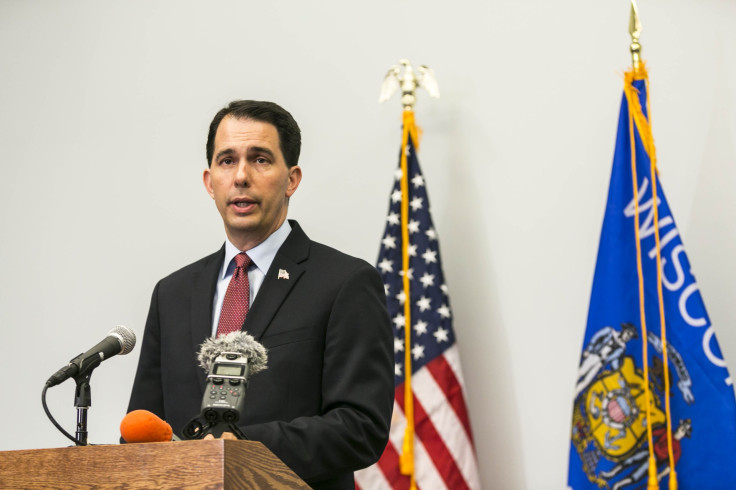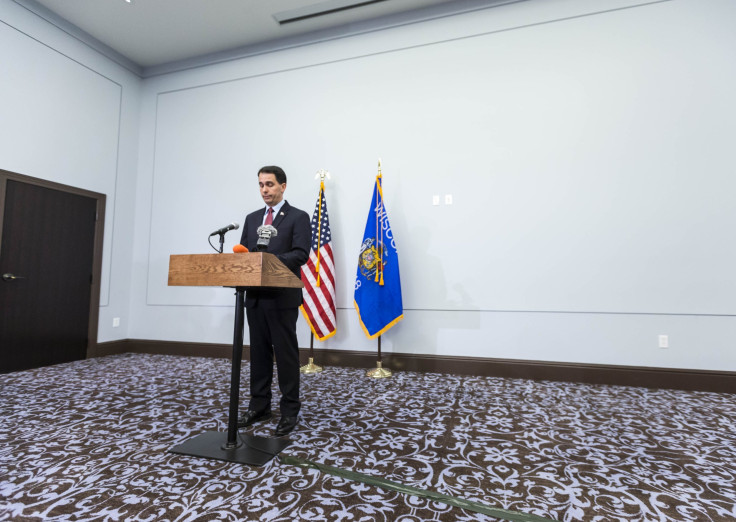Election 2016: Vice President Scott Walker? Timing Boosts Chances To Be On GOP Ticket As Veep

While Scott Walker suspended his campaign for the Republican presidential nomination Monday, the Wisconsin governor’s announcement does not mean his prospects for national office are at an end. The vice presidency is still up for grabs -- and Walker’s carefully timed departure could actually help position him for the second-highest office in the land.
With strong conservative bona fides, ties to both religious conservatives and the business establishment, and a battle-tested election apparatus in a presidential swing state, Walker was already poised to be an attractive running-mate prospect for any Republican nominee. Leaving the race Monday may have actually strengthened his potential appeal as a No. 2 on the national ticket. As Delaware Democratic Sen. Joe Biden did in 2008, Walker will avoid the stretch run of the primary campaign where, typically, candidates turn on one another with harsh attacks.
That means Walker’s own record in Wisconsin will escape potentially damaging scrutiny from other candidates. Instead, no longer a rival, he can bask in other GOP candidates’ laudatory comments about him. Within hours of Walker’s announcement, former Florida Gov. Jeb Bush, real estate mogul Donald Trump and Florida Sen. Marco Rubio all praised the Wisconsin governor.

Walker’s early departure also means he can avoid airing negative ads against the eventual GOP nominee, thereby preserving a potential running-mate relationship with all the remaining candidates. There won’t be quotes that Democrats can use of the putative Republican veep disparaging the man on the top of the GOP ticket -- like George H.W. Bush’s famed dismissal of Ronald Reagan’s “voodoo economics.” Walker, in fact, seemed to frame his departure as an attempt to tamp down such criticism.
“The debate taking place in the Republican party today is not focused on that optimistic view of America. Instead, it has drifted into personal attacks,” he said in his statement. “In the end, I believe that voters want to be for something and not against someone. Instead of talking about how bad things are, we want to hear about how we can make them better for everyone.”
In calling for a more positive discourse, however, Walker did appear to take a shot at Trump, saying he hoped one of the remaining candidates could “offer a positive conservative alternative to the current front-runner.”
In terms of vice presidential jockeying, Walker’s foray and then exit also allowed him to build independent relationships with national campaign donors. While his super PAC has said it will return its remaining funds to donors, those relationships could make him an especially attractive running mate prospect for any general election nominee who may be running short of money after a bruising primary. Those relationships also give him a potential leg up for the VP slot over other Republican officeholders who did not mount a presidential run and consequently did not forge as many connections to national donors.
© Copyright IBTimes 2024. All rights reserved.





















